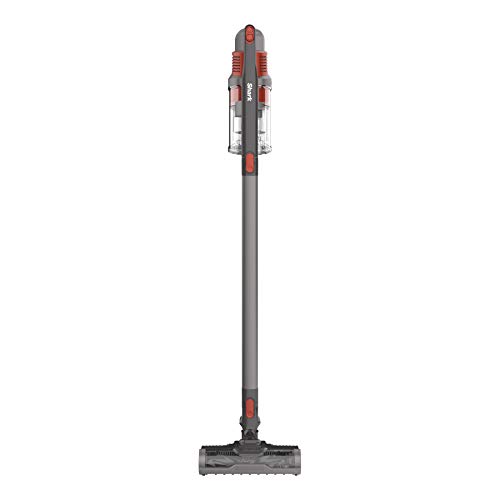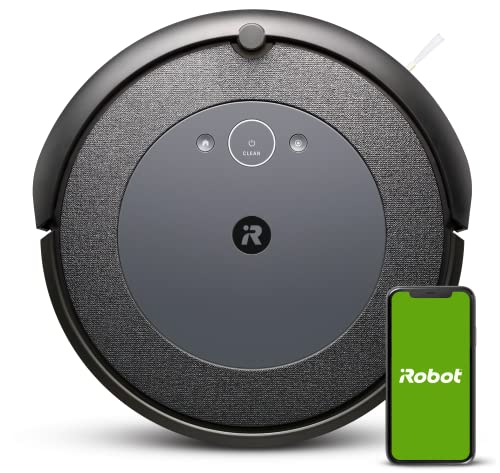The importance of regular vacuum cleaning cannot be overstated when it comes to maintaining optimal efficiency in your home or office. Not only does vacuuming help to remove dirt, dust, and debris from your floors and carpets, but it also plays a crucial role in improving indoor air quality. By eliminating allergens and pollutants that accumulate over time, vacuum cleaning contributes to a healthier environment.
Regular vacuum cleaning is particularly important for high-traffic areas such as living rooms, hallways, and entryways. These areas are prone to accumulating more dirt and debris, which can become embedded deep within the carpet fibers if not addressed promptly. By vacuuming these areas at least once a week, you can prevent the buildup of dirt and maintain the efficiency and longevity of your carpets.
In addition to preserving the cleanliness of your carpets, regular vacuum cleaning also helps to extend their lifespan. Dirt particles and debris that get trapped in the carpet fibers can cause them to deteriorate faster, leading to a worn-out appearance and a shorter lifespan. By vacuuming regularly, you remove these abrasive particles, preventing them from causing unnecessary wear and tear on your carpets.
Shark IX140C Rocket Cordless Handheld Stick Vacuum
Effortlessly clean every corner and crevice with the Shark IX140C Rocket Cordless Handheld Stick Vacuum
Product information
R$958.14 R$766.54
Product Review Score
4.11 out of 5 stars
129 reviewsProduct links
Finding the balance: How often should you vacuum?
Vacuum cleaning is an essential task to maintain a clean and healthy living environment. However, finding the right balance in terms of frequency can be challenging. While it's important to keep your space free of dust, dirt, and allergens, excessive vacuuming may lead to wear and tear on your vacuum cleaner and cause unnecessary energy consumption.
The ideal frequency for vacuuming depends on several factors such as the size of your home, the number of occupants, and the level of foot traffic. In general, high-traffic areas like entryways and living rooms should be vacuumed at least once a week to prevent dirt and debris from accumulating. Bedrooms and less frequently used spaces can be vacuumed on a less frequent basis, around once every two weeks.
It's worth noting that certain situations may require more frequent vacuuming. Homes with pets, for example, tend to accumulate pet hair quickly, and it's recommended to vacuum these spaces two to three times per week. Additionally, individuals with allergies or asthma may benefit from more frequent vacuuming to minimize the presence of allergens that can trigger symptoms.
Maximizing longevity: Tips for maintaining your vacuum cleaner
Regular maintenance is key to ensuring your vacuum cleaner performs optimally and has a long lifespan. By following these simple tips, you can keep your vacuum cleaner in top-notch condition for years to come.
1. Clean or replace the filters regularly
Filters play a crucial role in trapping dust, allergens, and other particles. Over time, they can become clogged and restrict airflow, putting additional strain on the motor. It's important to clean or replace the filters as recommended by the manufacturer. Some filters can be rinsed under water, while others may need to be replaced periodically. Regular maintenance of filters can prevent a drop in suction power and ensure your vacuum operates efficiently.
2. Empty the dust container frequently
An overflowing dust container not only reduces efficiency but also compromises the lifespan of your vacuum cleaner. Emptying the container before it reaches maximum capacity prevents debris from accumulating and impacting performance. Additionally, it helps maintain a healthy indoor air quality by preventing dust particles from getting released back into the room.
3. Check and clean the brushes
The brush roll and other rotating brushes in your vacuum cleaner can become tangled with hair, threads, and other debris over time. Regularly inspect and remove any obstructions from the brushes to avoid strain on the motor and ensure consistent cleaning performance. It's also important to clean the brush roll itself to prevent the accumulation of dirt and debris that can result in reduced suction and overall effectiveness.
4. Check for blockages in the hoses and tubes
Inspect the hoses and tubes for any blockages that could impede suction. A partial or complete obstruction can strain the motor and decrease the overall efficiency of your vacuum cleaner. Carefully remove any debris or objects causing the blockage and ensure the hoses and tubes are free from kinks or twists to maximize airflow.
iRobot Roomba i4 EVO Robot Vacuum - Smart Mapping, Wi-fi - Pet Hair
Effortlessly Clean Up Pet Hair with the iRobot Roomba i4 EVO Robot Vacuum's Smart Mapping and Wi-Fi Connectivity
Product information
R$2,089.81 R$1,567.34
Product Review Score
4.97 out of 5 stars
113 reviewsProduct links
Beyond the surface: Deep cleaning and its benefits
Vacuuming is a household chore most of us are familiar with. It's a quick and convenient way to remove surface dirt, dust, and debris from our floors. However, beyond the surface lies a task that is often overlooked but crucial for maintaining a clean and healthy living environment - deep cleaning. Deep cleaning involves thorough removal of embedded dirt, allergens, and bacteria that regular vacuuming cannot address effectively. It is an essential step towards achieving long-lasting efficiency in your cleaning routine.
One of the key benefits of deep cleaning is the improved air quality it provides. Over time, the air in our homes becomes contaminated with dust mites, pet dander, pollen, and other allergens. These contaminants can lead to respiratory issues and allergies. Deep cleaning, especially with a high-quality vacuum cleaner equipped with HEPA filters, helps capture and remove these microscopic particles, significantly reducing the risk of indoor air pollution. By focusing on deep cleaning periodically, you can breathe easier and ensure a healthier home environment for you and your loved ones.
In addition to its impact on air quality, deep cleaning also helps to prolong the life of your carpets and rugs. Every day, dirt and debris get trapped deep within the fibers of these textile floor coverings. Regular vacuuming does help remove some surface-level dirt, but it fails to address the embedded particles that can cause gradual wear and tear. By incorporating deep cleaning sessions into your cleaning routine, you can effectively extract these hidden particles, preventing damage and extending the lifespan of your carpets and rugs.
Moreover, deep cleaning promotes better overall cleanliness and hygiene in your home. By targeting hard-to-reach areas, such as corners, crevices, and upholstery, deep cleaning removes dirt, stains, and bacteria that accumulate over time. This not only enhances the appearance of your home but also reduces the risk of pests, odor buildup, and the spread of germs. Deep cleaning should be considered an essential maintenance practice for a clean, safe, and well-maintained living space.


